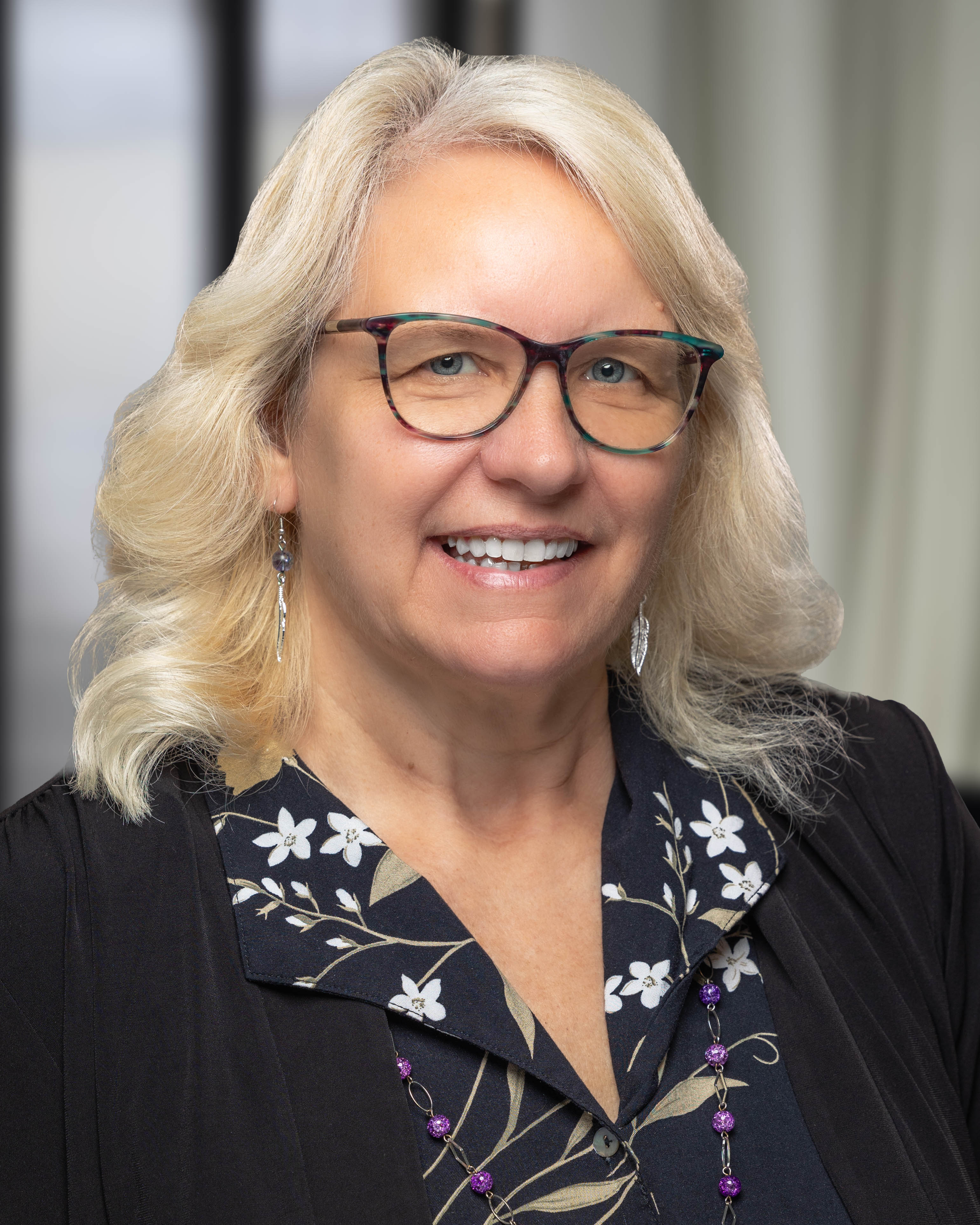Call us: +1-855-202-3299
Email: [email protected]
Payroll Tax for Non-Resident Alien F-1 & J-1 VISA's
Speaker: Debbie Cash, CPP
Speaker Designation: Manager TLM Implementation, G&A Partners

Call us: +1-855-202-3299
Email: [email protected]
Speaker: Debbie Cash, CPP
Speaker Designation: Manager TLM Implementation, G&A Partners

Payroll Taxes for Non-Resident Aliens are different than taxes for US Citizens.
Many countries have tax treaties with the United States which allows Non-Resident aliens an exemption from either all or part of Federal tax withholdings. Different types of VISA Holders get certain exemptions from Federal Tax and FICA/Medicare tax. This webinar will cover VISA types of F-1 & J-1.
An F-1 VISA is specifically for Full-time Students who come to the US to study at an accredited college or university. These students can also apply for Optional Practical Training (OPT) in their major field of study which allows them to remain in the US for an extended period of time after they have completed their studies. A J-1 VISA is similar to an F-1 VISA but is for Teachers and Researchers in a specific field of study for a specific amount of time.
The F-1 & J-1 VISA holders are both exempt from FICA/Medicare tax if they become employed for personal services while in the US. They may also be exempt from Federal Tax withholding if their country has a Tax Treaty with the US. Some treaties exempt all wages from tax and others have specific dollar limits that can be earned before they are subject to taxes.
This webinar will go over what Employers need to know on how to treat these employees for payroll tax purposes. What forms do they need to complete to receive a tax treaty exemption and the specific forms that must be filed at Year-End? Also, what to do if there is not a tax treaty in their country?
Most employers aren’t familiar with the specific laws that pertain to Non-Resident Aliens who enter the US on an F-1 or J-1 VISA. There are many different VISA types and different ones have different tax implications. These 2 specific types are exempt from required payroll taxes that all other employees are subject to having withheld. This can create issues when the wrong taxes are withheld on these employees.
More and more people are traveling abroad to study and teach in the US. Employers need to be aware to watch for different VISA types and know how to treat employees who may apply to work at their company. These workers being new in our country aren’t aware of what is required of them or what exemptions they have. They rely on the Employer to know what to do.
Tax treaties are also beneficial not only to the Employee but also to the Employer. There are specific Employer taxes that are also waived or exempt for these employees. This can be savings to the Employer as well when the correct forms are completed, and correct tax treatment of these workers is done properly.
Major topics covered in this course:
This webinar will be insightful for:

Debbie Cash, CPP is a Manager of TLM Implementation at G&A Partners. G&A Partners is a Professional Employer Organization (PEO) that offers payroll, human resources, benefits management, risk management, and accounting services for businesses. G&A Partners acquired Employer Advantage LLC (PEO) in February 2022. Debbie began working for the organization in 2006 as a Payroll Tax Specialist and Time and Attendance Specialist. She was promoted to Time/Labor Manager in 2021.
Debbie earned an associate's Degree in Accounting from MSSU in 1985 and a bachelor's Degree in General Business from MSSU in 2006. She obtained her Certified Payroll Professional Certification in October 2006. She has 30+ years of experience processing payroll and payroll taxes for various different companies and professions.
Debbie worked as a Payroll Specialist at Missouri Southern State University from 1993 to March 2006. She attended the International Tax Conference in Wisconsin in 2005 and specialized in International Tax for Student Visa. She also worked for Joplin R-8 School District processing payroll from 1990 to 1993.